This course is based on the data analysis/science roadmap and designed for beginners learning Python machine learning for the first time
Drawing from the instructor's own early struggles when first learning machine learning,
the course is structured to help you understand essential concepts and key practical techniques by solving various real-world problems
Through this approach, you can apply machine learning to real problems in a short period without failing
This course is currently being used as the official in-house Python machine learning training course at one of the major tech companies (NAVER, Kakao, LINE, Coupang, Baemin)
This course has been newly renewed to reflect previous feedback
I'm a data beginner! Where should I start with complex machine learning/AI technology?
- Machine learning/AI technology has complex concepts and various techniques for applying them to real-world problems, making the content very extensive.
- When learning for the first time, you should start with machine learning basics, combining essential concepts with techniques for applying them to real-world problems in an appropriate balance.
- Once you get a feel for machine learning technology based on this, you can then learn AI technology building on that foundation
- The more numerous the theories and complex the technologies, the more you need to build up step by step, focusing on the essential parts, in order to actually apply them
This course has been improved based on insights gained from the instructor's numerous failures!
- Rather than focusing too much on deep principles like mathematics/statistics or listing all outdated technologies that won't even be used
- It is structured to help you learn essential concepts and key techniques for applying them to real-world problems by solving practical problems
- There are various techniques to apply to real-world problems. To help you master these, you will learn different machine learning techniques through practical problems
- Using the most well-known problem with abundant resources, we apply as many practical techniques as possible and learn various methods that can be considered when actually utilizing machine learning in real-world applications
- We'll go through the entire machine learning process by downloading data from Kaggle, the most famous site for data prediction problems, making predictions, and even submitting the final results.
강사도 몇 차례 실패 끝에, 이와 같은 순서로 학습해서, 결국 현업에서도 잘 활용하고 있습니다. I want to use machine learning technology, even if just lightly - how can I do that?
This is something the instructor found frustrating a long time ago. First, based on real problems, learn how to apply machine learning techniques.
Even if you understand basic machine learning concepts, the reason it's difficult to apply them to real problems is because there are various techniques used when applying them to actual problems.
By following along at the code level with various techniques that can be applied to real problems, and hearing explanations right away whenever you need to understand related concepts, you can utilize the entire process, even if just lightly.
Once you become familiar with related technologies through this, you can understand overall machine learning technology in a short time, and even apply it immediately
I'm new to machine learning! What skills do I need to learn first before taking this course?
You can take this course if you can use PythonIt's possible if you can use pandas and visualization techniques
For those who are not familiar with related technologies, we provide a data analysis/science roadmap that allows you to learn systematically, taking difficulty levels into consideration
In particular, if you take it together with the Python Data Analysis for Beginners course explained at the bottom of this page in the data analysis/science roadmap, you can learn data handling techniques with Python sequentially
I'm a beginner considering a career in data, how can I learn systematically?
The data field has various theories and technologies, so if you approach it incorrectly, it can be difficult to learn even after a long time. I have also failed several times. However, if you focus on learning the core technologies, it can be easier than you think.
Divide the core data-related skills into data collection, storage, analysis, and prediction tasks, and learn the related technologies sequentially. If you build knowledge about each business domain (called domain knowledge) on top of this, you can gain competitiveness. In this regard, I've created a data analysis/science roadmap so you can sequentially learn core data-related skills while gradually increasing the difficulty level. You can also check the related roadmap at the bottom of this page.
We've created a video that explains in detail data-related careers and the entire data analysis/science process. By referring to this video, depending on what you want to do, you can easily learn the data process in a short time on your own without trial and error!
These are verified courses that many people have studied over the years and given excellent feedback on.
Verified by 20,000 paid students online and offline over 10 years!
Don't waste your time!
Different instructors can make a difference in IT courses!
If you're meticulous and rational, you can do it!
How difficult is it to learn machine learning technology?
If you can use Python, it's not difficult!
When first learning machine learning, the most challenging part is studying the math, statistics, and probability needed to understand the related theories. Even if an instructor who has spent decades mastering these skills explains them easily, it takes learners a very long time to grasp them.
Rather than deeply studying related theories and profound mathematical principles from the start, lightly understand the concepts and learn how to write machine learning code with real problems. Instead of aiming for the Top 1% from the beginning, first aim for the Top 20% in data prediction and learn coding methods and techniques that can be applied to practical problems. By understanding concepts to the extent you can grasp them and actually applying machine learning code, you'll become familiar with it, and you'll be able to understand and utilize machine learning technology that seemed vague when only learning theory.
Can I participate in Kaggle competitions that solve real data problems, which seem to be quite common these days?
This course is also structured to allow you to learn step-by-step by applying techniques one by one based on actual Kaggle problems and data.
- There's a big difference between learning how to use each machine learning technique and the code and steps needed to solve real-world problems.
- We proceed step by step through analyzing, processing, and predicting actual data.
- And I explain the techniques needed to understand each step. We even go as far as submitting the prediction results.
- So, it's designed to help you understand practical application methods without getting exhausted from learning only theory for a long time.
Since this course is designed for beginners, it aims for the top 20% by focusing on the essential techniques you must cover!
Designed to help you understand and apply machine learning techniques in practice.
This is a primer course for those learning machine learning for the first time
With real-world experience, well-organized materials and examples, the instructor teaches as if learning it for the first time!
So that even beginners can apply machine learning techniques up to the Top 20% in a short time!
- Focusing on key machine learning technologies that are still being used today!
- Based on actual kaggle problems and data
→ What machine learning techniques are available
→ What steps are involved in analyzing, processing, and predicting with real data
→ Including practical techniques needed for real-world application such as Feature Engineering, Hyper Parameter Tuning, Voting, Encoding, etc.
Applying it to real problems is fun, and it's truly exciting when the predictions turn out well! I hope to share the little joys of machine learning with reasonable, good people.
Enhance your learning with easy-to-understand summarized materials and code, backed by lectures!
There's an overflow of materials and information.
After listening to lectures that explain in detail using summary materials made to help you understand exactly what's necessary,
from then on, whenever you think 'Oh, there was something about this?', you can immediately understand just by looking at the materials.
Materials that are concisely written with only the essential parts
to help you understand and utilize the relevant topics
And actual code files for applying machine learning to real problems
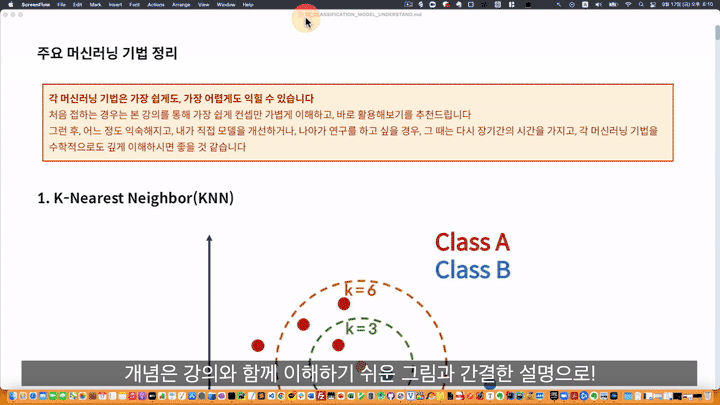
- Test code is provided in a format that allows code testing (Jupyter Notebook format), and basic theory is provided as PDF files.
- Machine learning-related PDF materials are provided so you can access them anytime like an ebook. (However, copying and downloading of related materials are restricted due to copyright issues)
This is an IT lecture series created with
careful thought so you can feel 'Ah! This is really different!'
We ask that only those who are reasonable,
considerate of others, and
looking to build good relationships enroll!
Learn Systematically
Janjae Mi Coding Dave Lee's Roadmap 🔑
Developer, Data Analyst, and Data Scientist Career Roadmap!
From web/app development to data analysis and AI, we provide an A to Z roadmap to build a solid foundation in a short time. IT technologies are closely interconnected, and integrating them enables web/app services and data science. By gradually increasing difficulty and mastering core technologies, you can learn efficiently, understand systems and data comprehensively, and grow into a competitive developer or data professional. To achieve this, we have prepared a roadmap that systematically organizes the core technologies of each field.
1. The Fastest Complete Data Roadmap
We've created a video that explains this roadmap, data-related careers, and the entire data analysis/science process in detail. By referring to this video, you can easily learn the data process without trial and error in a short time, even on your own!
add_shortcode('course','334916, 324082, 324208, 324183, 325576, 327464, 329540','list')
Wait! ✋
Click on the roadmap below to see more details. If you purchase the roadmap all at once, it will be provided at a discounted price! (The discount rate will be reduced soon.)
add_shortcode('course','334916, 324082, 324208, 324183, 325576, 327464, 329540','list')
2. The Fastest Full-Stack Roadmap
I've created a video that explains in detail how to learn and implement web/app development the fastest way on your own using this roadmap. By referring to this video, you can implement web/apps in a short time without trial and error.
add_shortcode('course','334916, 324082, 324208, 324183, 325576, 327464, 329540','list')
Wait! ✋
Click on the roadmap below to see more details. If you purchase the roadmap all at once, it will be offered at a discounted price! (The discount rate will be reduced soon.)
add_shortcode('course','334916, 324082, 324208, 324183, 325576, 327464, 329540','list')
3. Essential Computer Science (CS) Core Knowledge Required for Development and Data Fields
This roadmap is a course that systematically organizes essential Computer Science (CS) knowledge, which is the core IT theory that forms the foundation of development and data fields. Among these, we are opening lectures where you can systematically learn the most important core subjects, especially computer architecture, operating systems, and networks.
add_shortcode('course','334916, 324082, 324208, 324183, 325576, 327464, 329540','list')
![[Renewal] Python Introduction and Web Crawling Basics Bootcamp [Python, Web, and Data Understanding Fundamentals] (Updated)Course Thumbnail](https://cdn.inflearn.com/public/courses/324082/cover/57af93de-1021-40b4-80d7-a0dfc17190cf/324082.png?w=420)


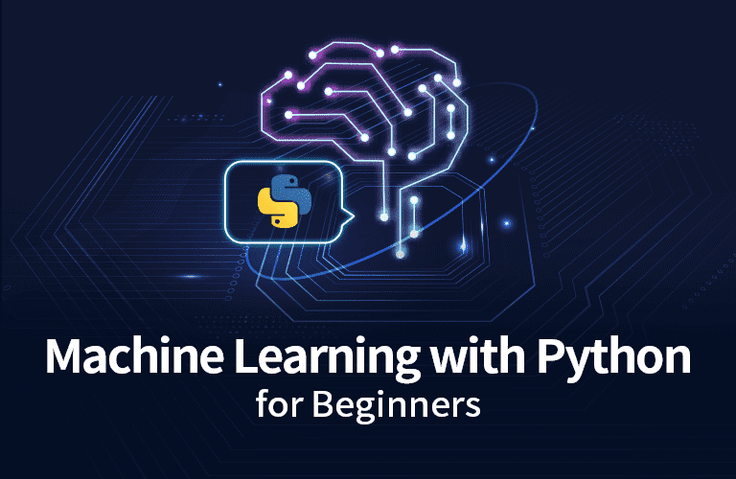

![Introduction to Python Backend with FastAPI for Beginners (From FastAPI to Asynchronous SQLAlchemy) [Full Stack Part1-2]Course Thumbnail](https://cdn.inflearn.com/public/courses/333248/cover/7323d828-100e-4ac9-8e6e-0e51a17ac741/333248.png?w=420)
![Solid Frontend Bootcamp for Full Stack (HTML, CSS, Vanilla JavaScript + ES6) [Full Stack Part2]Course Thumbnail](https://cdn.inflearn.com/public/course-326306-cover/4ea213de-f786-4af1-a9d0-b8932263885a?w=420)
![[Renewal] First-time SQL and Database (MySQL) Bootcamp [From Beginner to Application]Course Thumbnail](https://cdn.inflearn.com/public/courses/324208/cover/85872a8e-d2bb-4c43-82fc-d55fa067746e/324208.png?w=420)
![[Renewed] MongoDB and NoSQL (Big Data) Database Bootcamp for Beginners [From Introduction to Application] (Updated)Course Thumbnail](https://cdn.inflearn.com/public/courses/324183/cover/fbe9f0cc-4c42-4435-b855-f283f6932415/324183.png?w=420)
![Flutter for Beginners: From Basics to Practice [Full Stack Part 4] (Easy and Solid Step-by-Step with Various Projects)Course Thumbnail](https://cdn.inflearn.com/public/courses/331245/cover/1f8c5bb8-8aad-4542-b3bc-977cda51c846/331245.png?w=420)
![[Renewal] Python Data Analysis for Beginners (Easy! Master the entire process of preprocessing, pandas, and visualization) [Data Analysis/Science Part 1]Course Thumbnail](https://cdn.inflearn.com/public/course-325576-cover/75d85753-8e0b-40f3-9f11-ca43e70c5200?w=420)
![Docker and Modern Server Technologies for Full Stack (Linux, nginx, AWS, HTTPS, Deployment) [Full Stack Part3]Course Thumbnail](https://cdn.inflearn.com/public/courses/326771/cover/bc862b4d-abe6-4d80-a826-3a5324a9f998/326771-eng.png?w=420)
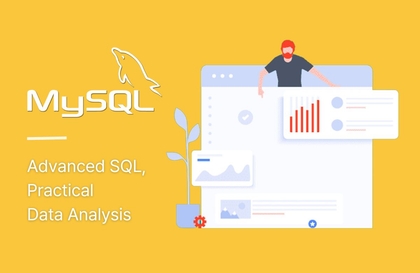
![[Renewed] Introduction to Python Backend and Web Technologies for Beginners (Intermediate Python, Understanding Backend and Web Technology Basics with Flask) [Full Stack Part1-1]Course Thumbnail](https://cdn.inflearn.com/public/course-325804-cover/6afae82f-e06b-4a0b-914d-2bdf7b1f5b60?w=420)
![Deep Learning and PyTorch Bootcamp for Beginners (Easy! From Basics to ChatGPT's Core Transformer) [Data Analysis/Science Part 3]Course Thumbnail](https://cdn.inflearn.com/public/courses/329540/cover/1be7b8cb-800f-48cb-a30c-b7d78996c075/329540-eng.png?w=420)
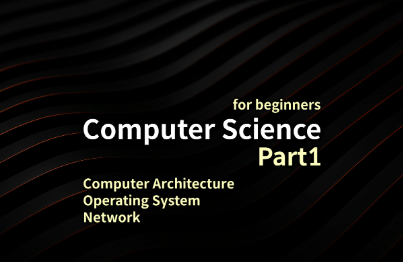
![[Revised Edition] The Complete Guide to Python Machine LearningCourse Thumbnail](https://cdn.inflearn.com/public/courses/324238/cover/7e380aa0-48ba-4ee7-a6b2-8da7900568d6/324238-eng.png?w=420)
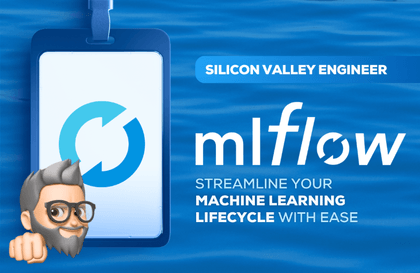
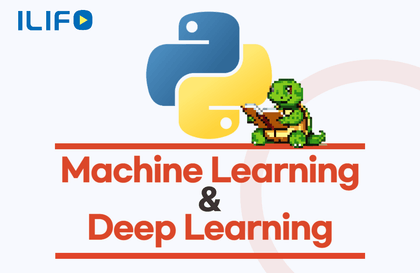
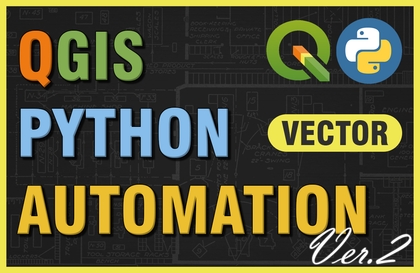
![[7-Day Complete] Pass MS AI-900 Certification in One GoCourse Thumbnail](https://cdn.inflearn.com/public/files/courses/338854/cover/01k4caartf5v7x2e574pq0wnp8?w=420)

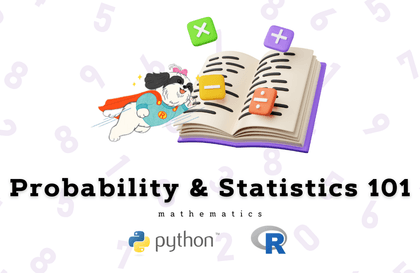
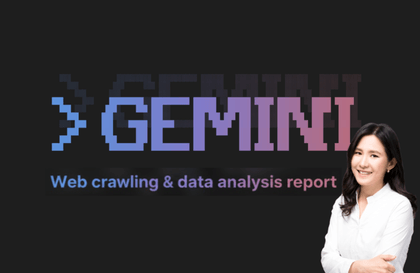
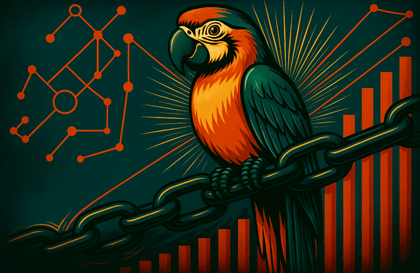
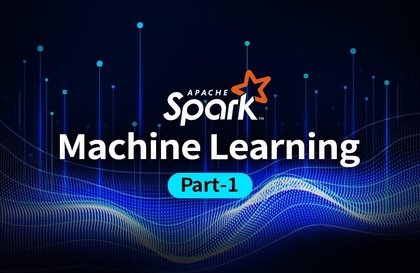
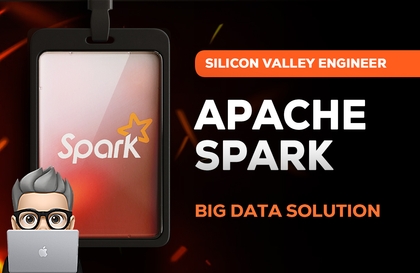
![[After Work Side Projects] Big Data Analytics Engineer Practical Exam (Task Types 1, 2, 3)Course Thumbnail](https://cdn.inflearn.com/public/courses/329972/cover/dcfb28fd-48c1-4bb1-ab31-d59eac874194/329972-original.png?w=420)
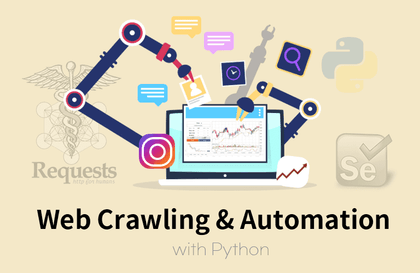
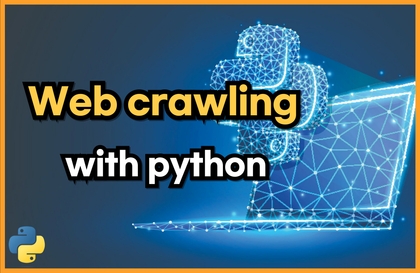

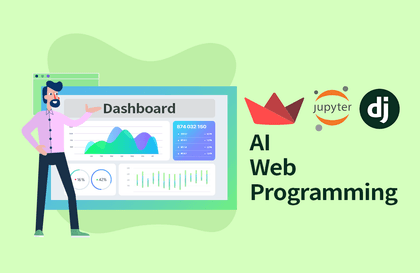
![[Management Course #3] DE, DBA (SSIS, SSAS, MachineLearning, BI, ETL)Course Thumbnail](https://cdn.inflearn.com/public/courses/329784/cover/c5e6543b-72c3-4471-b43f-15b9002e65ed/329784-eng.png?w=420)